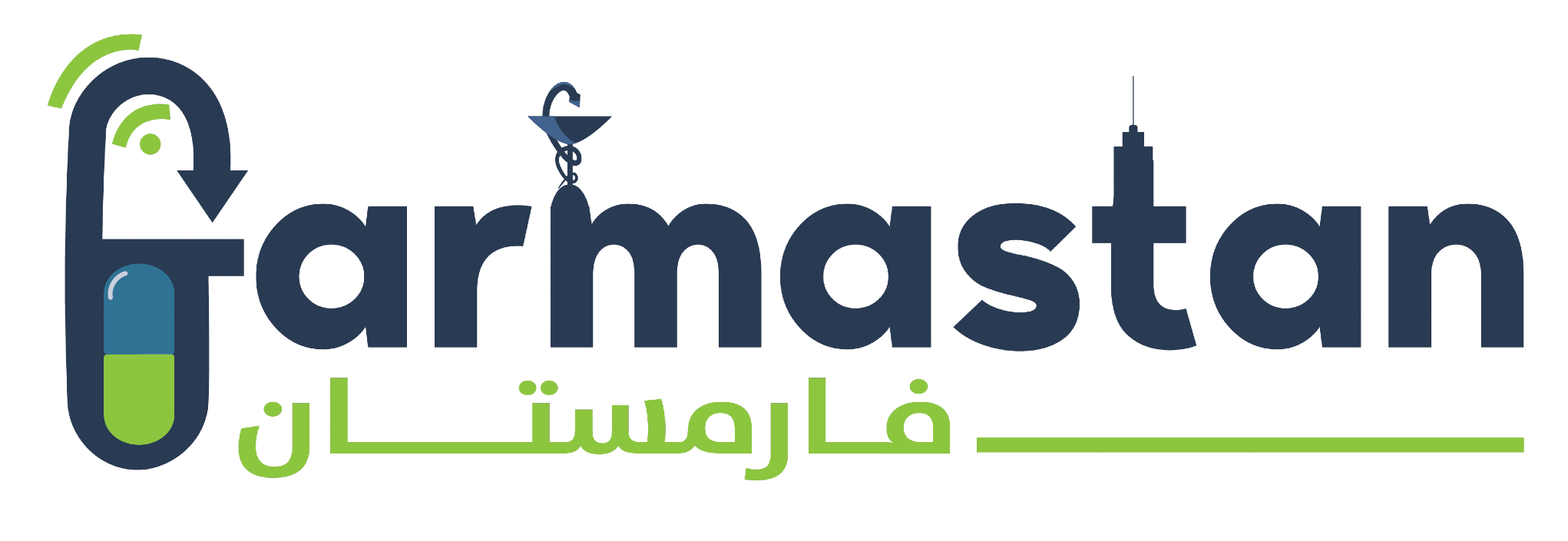6 Common Health Problems Treated With Medicinal Herbs
[ad_1]
Alternative health treatments have been around for centuries, and in most cases a lot longer, than modern day medicines. That is not to say they are better than main stream laboratory medicines.
Seeking proper advice from a qualified medical professional is always recommended. Prescribed medicines and pharmaceutical drugs are well proven and undergo clinical trials before they are released on the market.
Despite that, a large percentage of the population regularly use alternative health treatments, herbal supplements and remedies.
Taking supplements can provide benefits for specific conditions and promote good health. It really depends on which herbal supplements you are taking, for what purpose, and in what quantities. Your health condition is also a serious consideration as herbal remedies can produce side effects and interact with other medicines.
Before using any alternative health treatments, or taking medicinal herbs, become informed about the likely benefits or potential adverse side effects.
You will need to do your own research, because alternative treatments and herbal supplements are not generally considered part of mainstream western medicine. Read packaging labels, reference books and surf the internet for reputable health related web sites. Talk to your Doctor or health professional.
Some of the most widely used herbal remedies include: Garlic for reducing blood cholesterol levels, Echinacea for fighting winter colds and stimulating white blood cells, and St. Johns Wort for alleviating mild depression. Other health conditions and associated herbal supplements include –
1. Circulation
Cayenne, Horseradish, Ginger, Chickweed, and Rosemary
2. Colds
Garlic, Ginger, Bayberry, Cayenne, Catnip, Echinacea, Chickweed, Eyebright, Fenugreek, Hyssop, Peppermint, Golden Rod, Yarrow, Oregano, and Wilde Als.
3. Constipation
Flax Seed, Barberry, Aloe, Basil, Chickweed, Boldo, Yellow Dock, and Rhubarb Root.
4. Diarrhea
Basil, Coltsfoot, Coriander, Columbine, Comfrey, Black Cohosh, Calendula, Caraway, Garlic, Carrot, Cinnamon, Daisy, Eyebright, Heartsease, Horse Chestnut, Hyssop, Iceland Moss, Kola, Pomegranate, Knotgrass, Motherwort, Peppermint, Rhubarb, Sage, Witch Hazel, Slippery Elm, Tormentil, Thyme, Wild Strawberry.
5. Depression
Celery, Lavender, St Johns Wort, Chamomile, Lemon Balm, Kola, Mugwort, Rosemary, Skullcap, Valerian, and Wormwood.
6. Headache
Basil, Valerian, Wilde Als, Chamomile, Oregano, Feverfew, Peppermint, Rosemary, Rue, Skullcap, St Johns Wort.
With an aging baby boomer population there is an ever increasing demand for alternative health treatments and herbal supplements. People want to stay healthy and not rely solely on medically prescribed drugs. There is good evidence that herbal supplements when taken in association with a healthy diet and active lifestyle can be beneficial. However, do your own careful research to satisfy yourself of the advantages and disadvantages of taking each supplement. Talk with your Doctor or health professional.
[ad_2]

يسعدنا زيارتكم صفحاتنا على مواقع التواصل الاجتماعي حيث نقوم بنشر عروض حصرية على موقعنا الالكتروني.
صفحتنا علي الفيسبوك هنا.
حسابنا على تويتر هنا


Leave a Reply
You must be logged in to post a comment.